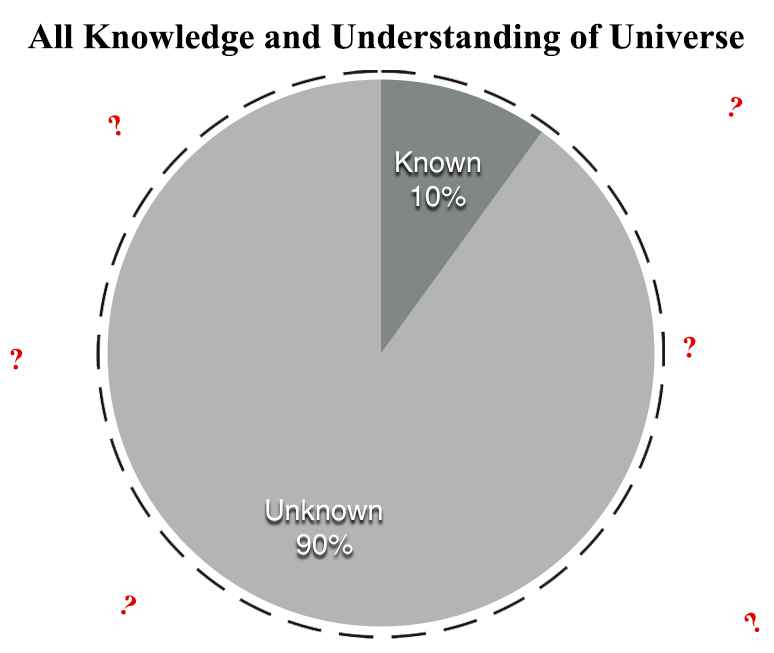[ To read the previous post of the Quest for Truth, CLICK HERE! ]
Agnosticism comes from two Greek words (a, “no” or “without”; gnosis, “knowledge”). It literally means, “no-knowledge” or “without knowledge.”
There are two forms of agnosticism:
(1) GOD is unknown;
(2) GOD is unknowable and cannot be known.
The first form is open to possibility; however, the second form is closed-minded, negatively dogmatic, and self-falsifying.
Immanuel Kant believed that knowing reality is impossible. The argument that we cannot know the real world is self-defeating. The very statement of “we cannot know reality” is a statement that presupposes knowledge about reality. To say, “I know that reality is unknowable” is to make a claim to know something about reality. Complete agnosticism is self-defeating. Augustine of Hippo noted rightly that “no one indeed believes anything unless he has first thought that it is to be believed.”
One who knows only some things about reality cannot affirm in the same breath that all of reality is unknowable. Do you know all things? If you can admit that you do not know all things, then you can admit that something outside of your limited experiences and understanding is possible. In fact, to learn is to discover a new area of Truth you didn’t know before.
Imagine a pie chart where only 10% of the pie is colored dark gray and 90% is colored light gray. If the entire pie represents all knowledge and understanding of the entire universe regarding all of reality and the 10% represents everything you know, wouldn’t it be possible that GOD exists in the 90% area you do not yet know? What, then, if GOD transcends reality and is beyond the universe? If you do not even know all there is to know of this reality within the universe, how could you possibly know anything of that which transcends the universe? If GOD does transcend the universe, we could only know GOD if GOD chose to reveal Himself to us.

Grammatically, the word being is the noun form of the verb to be. Therefore, being is “to be” or “to exist.” No two beings are the same. Philosopher George Klubertanz, in “Introduction to the Philosophy of Being” says, “Being, in any singular existent [existing thing], cannot be entirely and exactly the same as it is in any other thing. It must in each instance be and be known as a definite singular thing uniquely ordered to its own act of existing. It must in each instance include all that is unique and proper to the singular individual, and so it cannot be an univocal intelligibility.”
One cannot say GOD is “not that” unless the person has knowledge of “that.” How can a person know what does not apply to GOD unless that person knows what does apply? The negation would imply a prior affirmation. Unless it is impossible to know the real, it is unnecessary to disclaim the possibility of all cognitive knowledge of it or to dissuade people from making any judgments about it. A belief should not be established until all knowable possibilities have been investigated. We must investigate everything we know and then also determine if it be possible that a transcendent GOD revealed Himself to us, thereby allowing us to know what we could not know ourselves.
However, no one can remain an agnostic. Why not? We cannot and would not play sports the right way without knowing the start, the finish, the purpose, and the rules. Likewise, in order to play the ‘game’ of life, we need to know those same four principles. How did life begin? What’s the final outcome of life? What’s the purpose of life? In order to live rightly, what rules should we follow?
The first belief to examine is atheism.
[ Continue the Quest: What About Atheism? ]
11 thoughts on “Agnosticism”